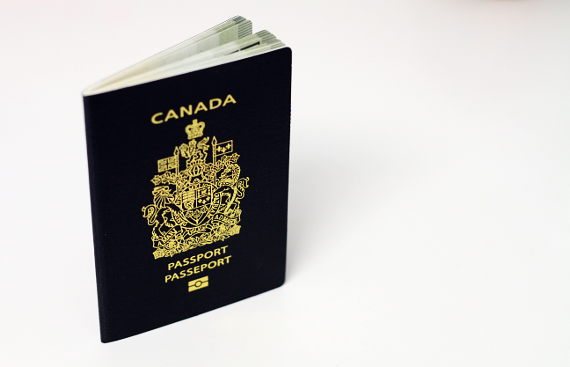If you work as an employee in an establishment and receives wages hourly, you might be wondering how much you get when you work overtime. This question keeps showing up every now and then!
In Canada, there?s a lot of confusion with overtime pay and overtime rules. Not everyone qualifies for overtime beyond regular hours. And those who qualify never assert their rights.
You may not be sure if you are getting paid fairly for the extra hours and what exactly counts as ?overtime.? This article will dive into the nitty-gritty.
Canada’s general overtime rules
Canada labour laws differ from province to province. Usually, though anyone who works more than Forty-Four (44) hours per week is owed overtime.
For instance, for employees covered by the Employment Standards Code in Alberta province, if the total hours of work in one workweek exceed forty-four hours (44) (if you worked forty-eight (48) hours, overtime would be four (4) hours).
The law makes few exceptions about who is eligible. It?s usually thought that only hourly employees are eligible. In truth everyone, even if on commission or salary, is technically owed compensation for extra hours worked, unless excused or exempted by law.
Exemptions
There are many categories of employees who are exempt or who generally do not qualify for overtime. These include IT professionals, lawyers, Architect, high-level managers, dentist, many workers in health care etc. The Labour Ministry has a user-friendly tool for deciding which employment rules apply to which jobs.
More About Overtime
The ESA mandates that workers (with some exemptions) are entitled to overtime pay for extra time worked beyond Forty-four (44) hours per week. An extra hour is paid at 1.5 times the normal rate (i.e. ?time and a half?) for every hour over and above Forty-four (44) hours weekly. If the worker is salaried, as opposed to an hourly wage, the overtime rate is determined by dividing their weekly salary by Forty-Four (44) to arrive at their hourly rate of pay.
If the worker has a very clear workweek of Forty (40) hours and a contract with no opportunity for the employer to require more, their hourly rate will be their salary divided by Fouty (40).
For those employees who may be eligible for compensation for hours beyond those stipulated in their contract, they would be paid straight pay, based on this hourly rate, for a time above their usual workweek up to the Forty-Four (44) hour threshold. At the Forty-Four (44) hour threshold, the employee would be eligible to be paid at time and a half.
Takeaways
Employers can save themselves a lot of troubles by addressing overtime and hours of work questions in the employment contract. Unaddressed employee claims for unpaid overtime and hours of work can be a big problem. If you think your workplace needs a change, feel free to reach out.
Employees who often find themselves working extra-hours than the supposed ?end time? may want to consider whether or not they are being taken advantage of. While some employees are exempt, many workers work extra time without asserting their rights to extra compensation.





















